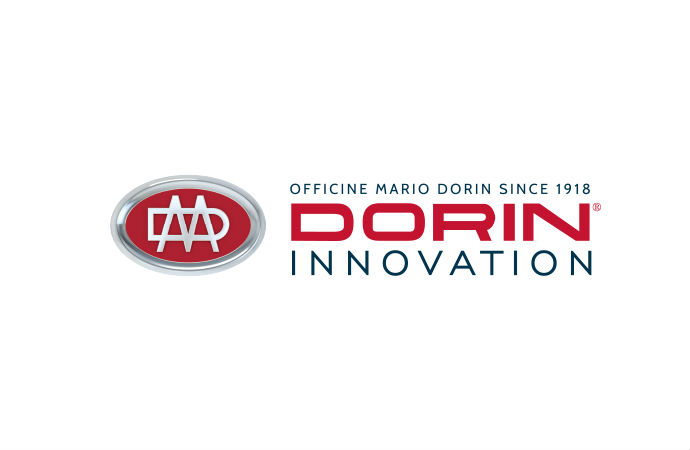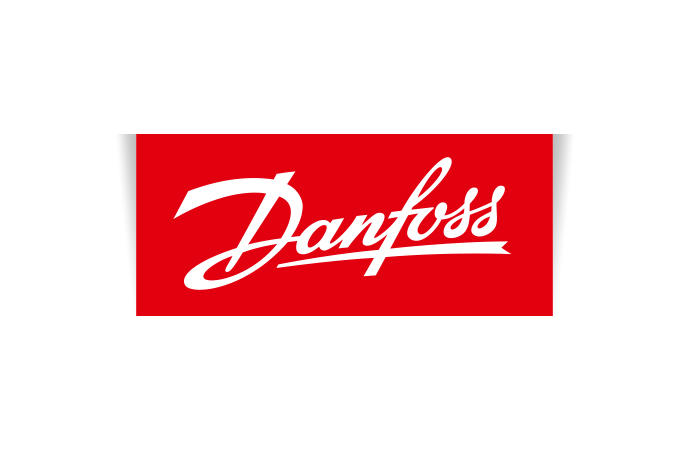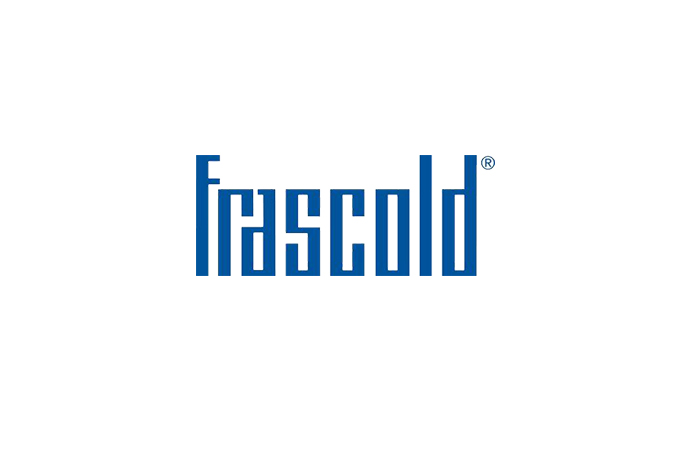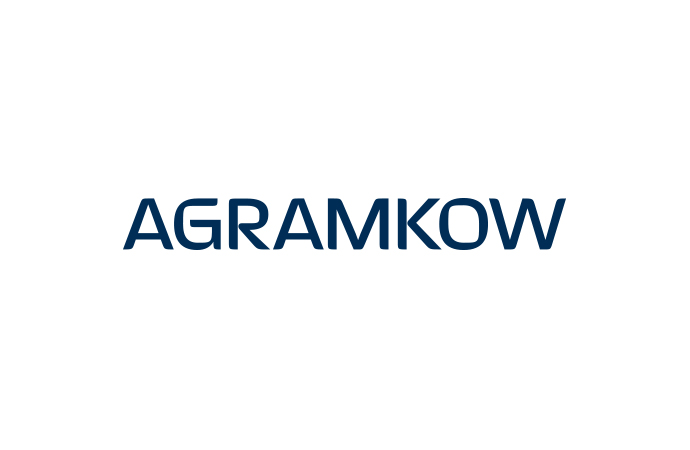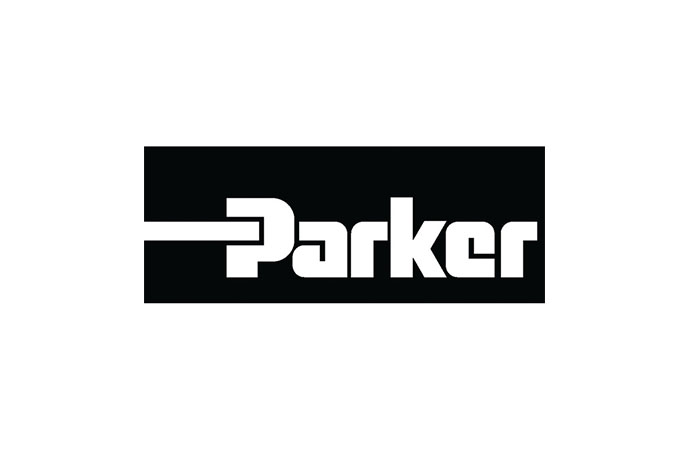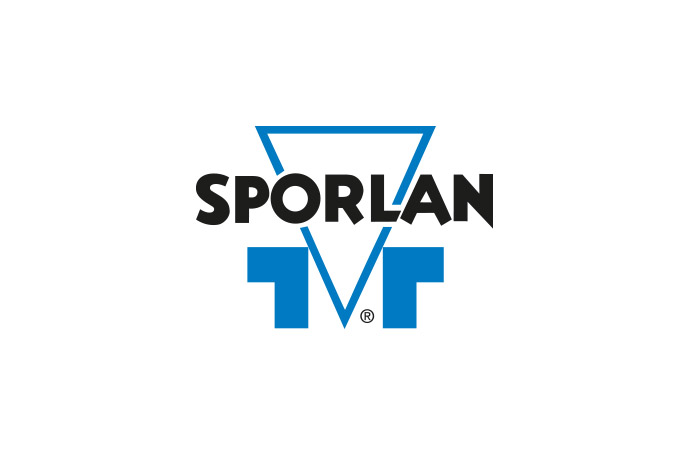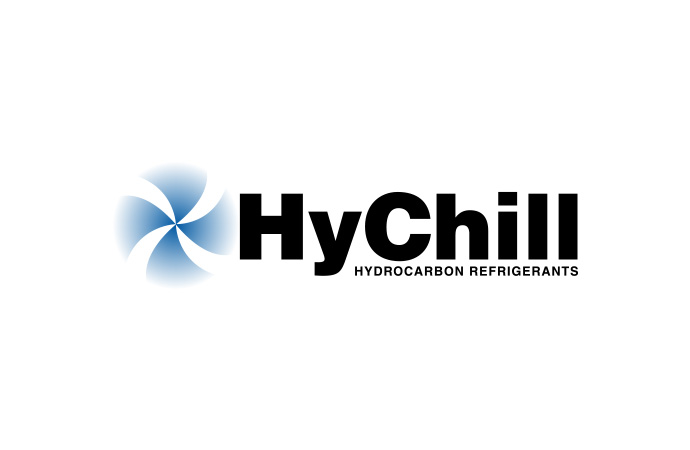More than 28% of the building permits awarded for the construction of new residential buildings in the first three quarters of 2011 foresaw a heat pump as the main heating supplier in North Rhine-Westphalia, according to the statistical office of Germany’s most populous state.

Compared to 2000 figures when just 0.7% of all granted permits for new residential buildings included a heat pump system, 2011 figures translate to a 40-fold increase.
The statisticians of the regional office will be soon also in a position to provide statistics regarding the use of water heating dedicated heat pumps in the region, while they will also be integrating questions regarding cooling and ventilation systems in the list of questions addressed to building owners and architects applying for permits.
But countrywide investment in renewable heat insufficient for meeting national renewables targets
However, a recent study by EuPD Research, DCTI and Wuppertal Institute commissioned by the Renewable Energy Agency with the participation of the Federal Association for Renewable Energy and the Hannover Messe concludes that investments in the renewable heat sector is short of what is needed for meeting Germany’s renewables targets for 2020.
The study finds that in 2010 Germany invested a total of €3.6 billion in the renewable heat sector, of which €3.4 billion were invested in the production and installation of new heating systems and just €215 million in expanding production capacity. For comparison a total of € 26.8 billion was invested in renewable electricity generation, and a total of €3.8 billion euros in the corresponding production capacities.
The insufficient investment in renewable heat can be attributed mainly to the funding policy, according to Philip Vohrer, Managing Director of the Agency for Renewable Energies: "The funding policy in the heating sector in the past was not reliable. This meant that many consumers and businesses had to wait and postpone investments."
Towards a market-based approach for supporting renewable heat?
To address such concerns, the German government has already signaled that it might soon be revising its approach in supporting renewable heat by moving to a market-based approach (similar to feed-in tariffs used for supporting renewable electricity or similar to the UK Renewable Heat Incentive scheme): According to the Governmental Energy Concept adopted in September 2010, the German government “will consider non-budget-related support through a market-based incentive system for renewable heat”. This would mean the setting up of a support scheme whereby the owners of renewable heating equipment will be rewarded according to the renewable heat output produced by their equipment over a given number of years, instead of receiving a one-off grant for the installation of renewable heating technologies.
The statisticians of the regional office will be soon also in a position to provide statistics regarding the use of water heating dedicated heat pumps in the region, while they will also be integrating questions regarding cooling and ventilation systems in the list of questions addressed to building owners and architects applying for permits.
But countrywide investment in renewable heat insufficient for meeting national renewables targets
However, a recent study by EuPD Research, DCTI and Wuppertal Institute commissioned by the Renewable Energy Agency with the participation of the Federal Association for Renewable Energy and the Hannover Messe concludes that investments in the renewable heat sector is short of what is needed for meeting Germany’s renewables targets for 2020.
The study finds that in 2010 Germany invested a total of €3.6 billion in the renewable heat sector, of which €3.4 billion were invested in the production and installation of new heating systems and just €215 million in expanding production capacity. For comparison a total of € 26.8 billion was invested in renewable electricity generation, and a total of €3.8 billion euros in the corresponding production capacities.
The insufficient investment in renewable heat can be attributed mainly to the funding policy, according to Philip Vohrer, Managing Director of the Agency for Renewable Energies: "The funding policy in the heating sector in the past was not reliable. This meant that many consumers and businesses had to wait and postpone investments."
Towards a market-based approach for supporting renewable heat?
To address such concerns, the German government has already signaled that it might soon be revising its approach in supporting renewable heat by moving to a market-based approach (similar to feed-in tariffs used for supporting renewable electricity or similar to the UK Renewable Heat Incentive scheme): According to the Governmental Energy Concept adopted in September 2010, the German government “will consider non-budget-related support through a market-based incentive system for renewable heat”. This would mean the setting up of a support scheme whereby the owners of renewable heating equipment will be rewarded according to the renewable heat output produced by their equipment over a given number of years, instead of receiving a one-off grant for the installation of renewable heating technologies.
MORE INFORMATION
Related stories




